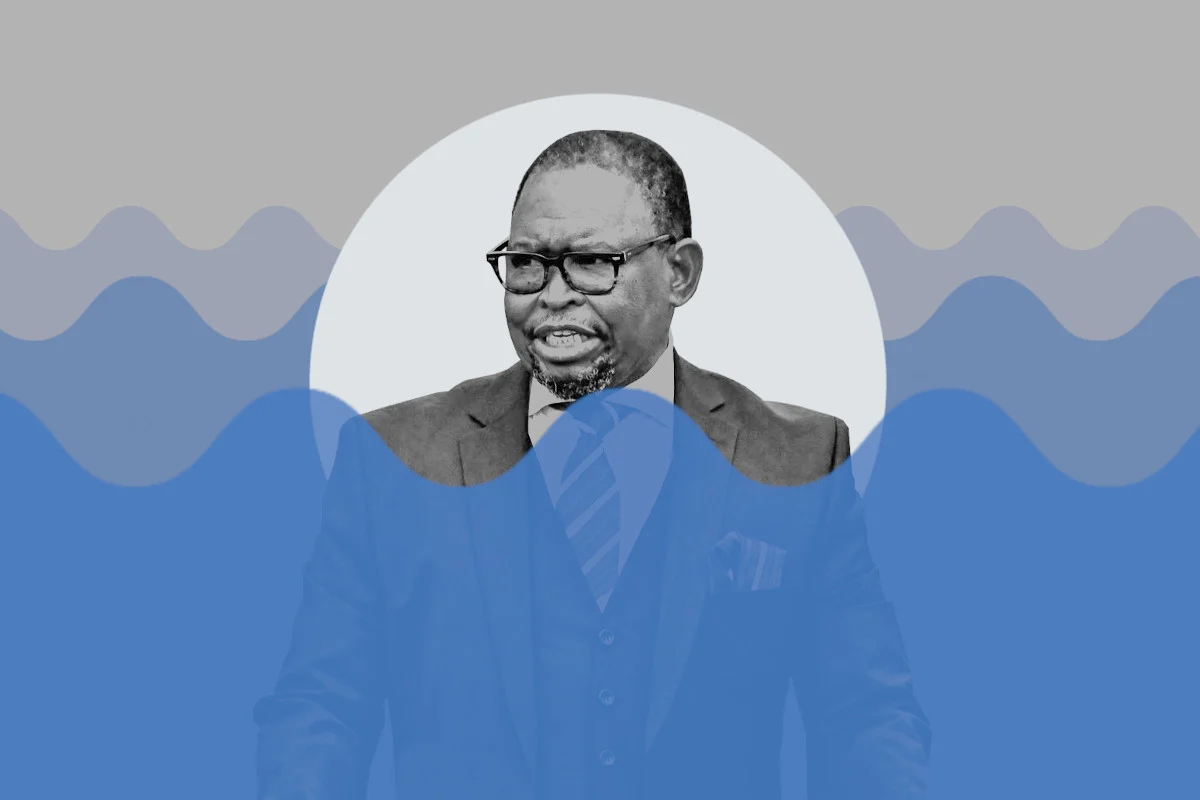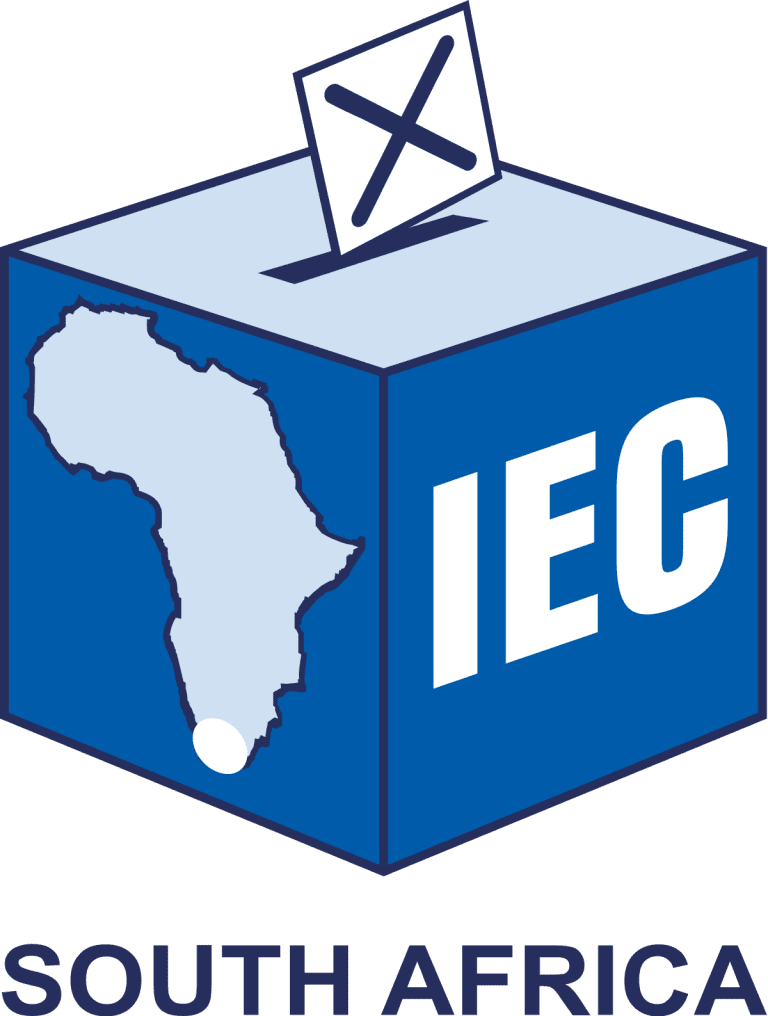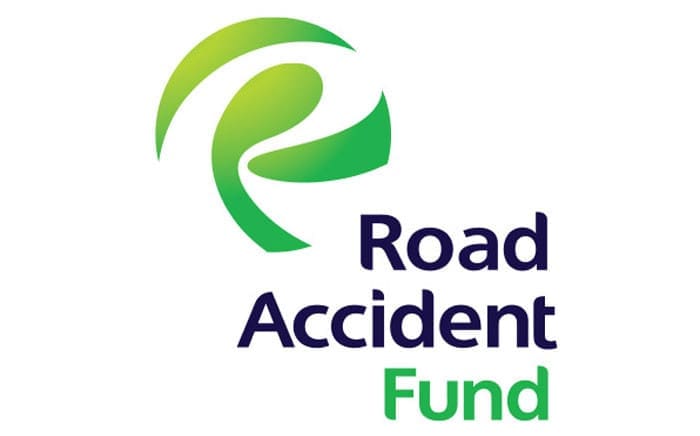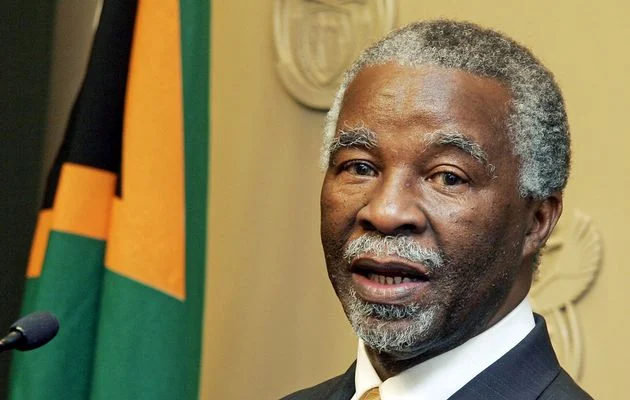As South Africa eagerly anticipates Finance Minister Enoch Godongwana’s forthcoming budget speech, the nation finds itself at a critical juncture. Amidst a backdrop of sluggish economic growth, Professor Keith Engel, CEO of the South African Institute of Taxation (SAIT), offers sobering insights into the limitations facing the finance minister and the broader government in revitalizing the economy.
Professor Engel emphasizes that while expectations may run high for transformative measures, particularly amid a climate of low growth, the reality is more constrained. “The finance minister can only do so much to stimulate growth,” he asserts, highlighting the limited impact of conventional measures such as corporate tax reductions and incentives. Instead, Engel underscores the imperative of fast-tracking privatization initiatives like Transnet and Eskom, along with bolstering infrastructure investment and pursuing deregulation to spur economic dynamism.
With speculation rife over potential tax revisions, Engel tempers anticipations, noting the recurrent pattern of pre-budget anxiety dissipating without substantive changes. In an election year, the prospect of significant tax hikes, especially concerning VAT, appears politically untenable. While incremental adjustments to “sin taxes” may be feasible, Engel suggests that substantial alterations to major tax categories are improbable, albeit acknowledging the possibility of inflationary adjustments to personal income tax thresholds.
One emerging concern casting a shadow over fiscal deliberations is the National Health Insurance (NHI) scheme. While Engel anticipates legal challenges and implementation hurdles, he cautions against potential encroachments on existing healthcare provisions, particularly the medical aid credits. In the quest for additional funding, the NHI looms as a pivotal issue, albeit one fraught with political sensitivities.
As South Africa navigates these economic crosscurrents, the role of President Cyril Ramaphosa assumes paramount importance. Beyond the remit of the finance minister, the broader government’s commitment to structural reforms and policy coherence will ultimately shape the nation’s economic trajectory. With the 2024 budget speech looming large, stakeholders across the spectrum await with bated breath, cognizant of the formidable challenges and opportunities that lie ahead in South Africa’s quest for prosperity.

































